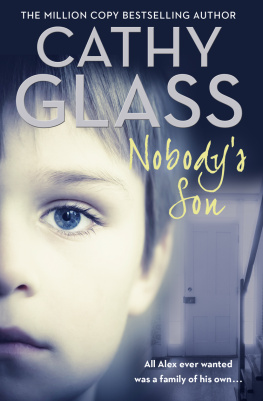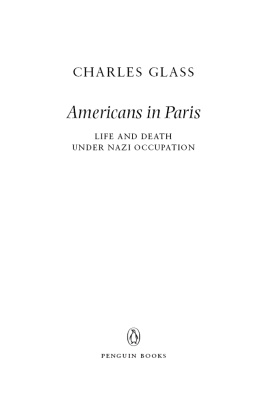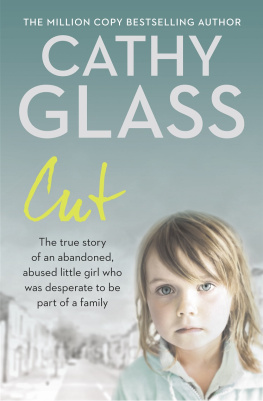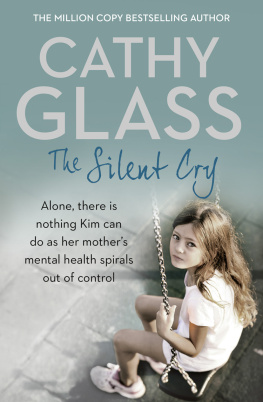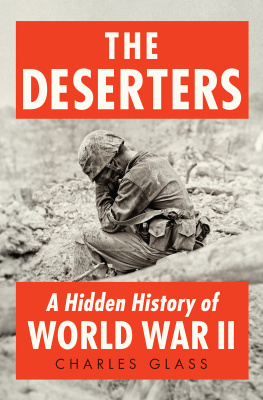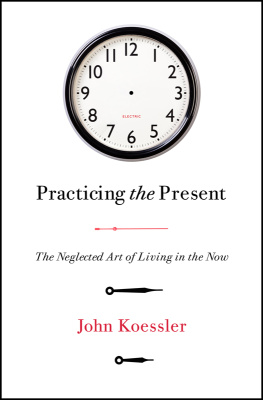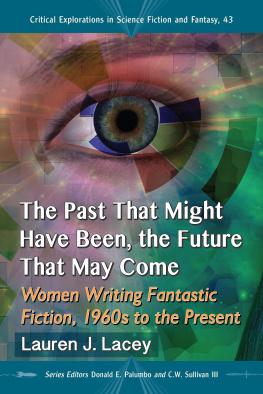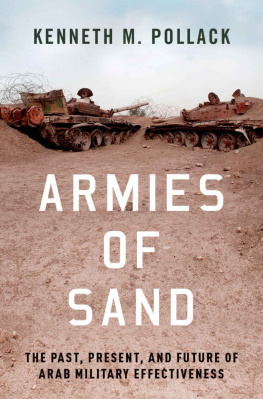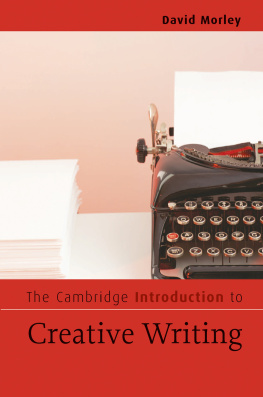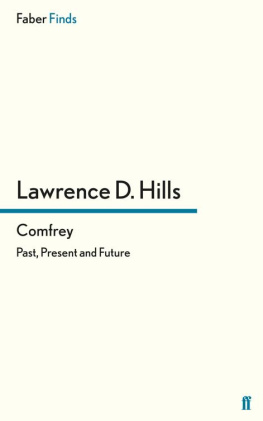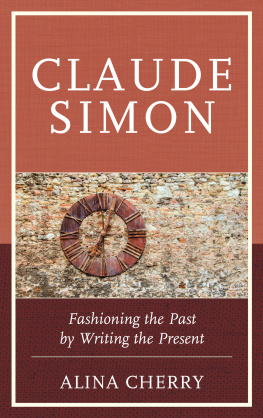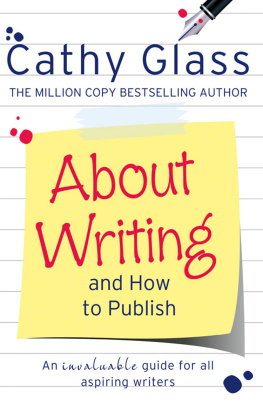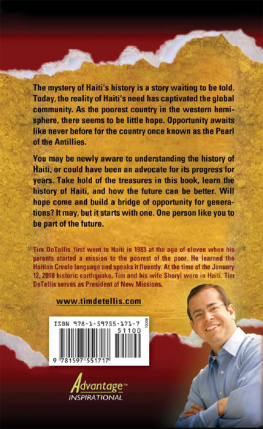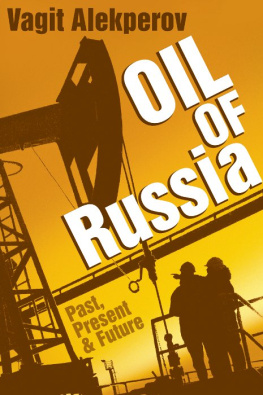Glass - After the Program Era: The Past, Present, and Future of Creative Writing in the University
Here you can read online Glass - After the Program Era: The Past, Present, and Future of Creative Writing in the University full text of the book (entire story) in english for free. Download pdf and epub, get meaning, cover and reviews about this ebook. year: 2016, publisher: Chicago Distribution Center (CDC Presses), genre: Science. Description of the work, (preface) as well as reviews are available. Best literature library LitArk.com created for fans of good reading and offers a wide selection of genres:
Romance novel
Science fiction
Adventure
Detective
Science
History
Home and family
Prose
Art
Politics
Computer
Non-fiction
Religion
Business
Children
Humor
Choose a favorite category and find really read worthwhile books. Enjoy immersion in the world of imagination, feel the emotions of the characters or learn something new for yourself, make an fascinating discovery.

- Book:After the Program Era: The Past, Present, and Future of Creative Writing in the University
- Author:
- Publisher:Chicago Distribution Center (CDC Presses)
- Genre:
- Year:2016
- Rating:4 / 5
- Favourites:Add to favourites
- Your mark:
- 80
- 1
- 2
- 3
- 4
- 5
After the Program Era: The Past, Present, and Future of Creative Writing in the University: summary, description and annotation
We offer to read an annotation, description, summary or preface (depends on what the author of the book "After the Program Era: The Past, Present, and Future of Creative Writing in the University" wrote himself). If you haven't found the necessary information about the book — write in the comments, we will try to find it.
Glass: author's other books
Who wrote After the Program Era: The Past, Present, and Future of Creative Writing in the University? Find out the surname, the name of the author of the book and a list of all author's works by series.
After the Program Era: The Past, Present, and Future of Creative Writing in the University — read online for free the complete book (whole text) full work
Below is the text of the book, divided by pages. System saving the place of the last page read, allows you to conveniently read the book "After the Program Era: The Past, Present, and Future of Creative Writing in the University" online for free, without having to search again every time where you left off. Put a bookmark, and you can go to the page where you finished reading at any time.
Font size:
Interval:
Bookmark:
AFTER THE PROGRAM ERA
THE NEW AMERICAN CANON: The Iowa Series in Contemporary Literature and Culture
Samuel Cohen, Series Editor

AFTER THE PROGRAM ERA
The Past, Present, and Future of Creative Writing in the University
EDITED BY LOREN GLASS
THE UNIVERSITY OF IOWA PRESS
IOWA CITY
University of Iowa Press, Iowa City 52242
Copyright 2016 by the University of Iowa Press
www.uiowapress.org
Printed in the United States of America
Design by April Leidig
No part of this book may be reproduced or used in any form or by any means without permission in writing from the publisher. All reasonable steps have been taken to contact copyright holders of material used in this book. The publisher would be pleased to make suitable arrangements with any whom it has not been possible to reach.
The University of Iowa Press is a member of Green Press Initiative and is committed to preserving natural resources.
Printed on acid-free paper
Library of Congress Cataloging-in-Publication Data
Names: Glass, Loren, editor.
Title: After the program era : the past, present, and future of creative writing in the university / edited by Loren Glass.
Description: Iowa City : University of Iowa Press, [2017] |
Series: New American Canon | Includes index.
Identifiers: LCCN 2016007769 | ISBN 978-1-60938-439-5 (pbk) | ISBN 978-1-60938-440-1 (ebk)
Subjects: LCSH: Creative writing (Higher education) | American fictionStudy and teaching. | LiteratureStudy and teaching (Higher) | BISAC: LANGUAGE ARTS & DISCIPLINES / General.
Classification: LCC PN181.A38 2017 | DDC 808/.00711dc23
LC record available at https://lccn.loc.gov/2016007769
CONTENTS
LOREN GLASS
MARIJA REIFF
MIKE CHASAR
BENJAMIN KIRBACH
GREG BARNHISEL
ERIC BENNETT
STEPHEN VOYCE
KELLY BUDRUWEIT
MATTHEW BLACKWELL
MICHAEL HILL
JULIANA SPAHR AND STEPHANIE YOUNG
SIMON DURING
SEAN McCANN
DONAL HARRIS
SETH ABRAMSON
MARK McGURL
ACKNOWLEDGMENTS
First and foremost, I thank the graduate students in my 2014 seminar on the Program Era, four of whom appear in this volume. It was in this class that we realized not only how groundbreaking Mark McGurls book is but also how much more there is to be said about the rise of creative writing as an academic discipline. Thus, I also thank Mark for providing us with the premise on which this collection is based and for his gracious agreement to contribute an afterword. Finally, I thank Elisabeth Chretien at the University of Iowa Press and Sam Cohen, editor of the New American Canon Series, as well as the two anonymous readers they solicited for this manuscript.
INTRODUCTION
From the Pound Era to the Program Era, and Beyond
LOREN GLASS
The publication in 2009 of Mark McGurls The Program Era: Postwar Fiction and the Rise of Creative Writing provoked a sea change in the study of postwar literature. Even though almost every English department in the United States housed some version of a creative writing program by the time of its publication, it had somehow not occurred to anyone that this institutional phenomenon was historically significant. McGurls groundbreaking book effectively established that the rise of the creative writing program stands as the most important event in postwar American literary history, forcing us to revise our understanding not only of the relationship between higher education and literary production but also of the periodizing terminology we had previously used to structure our understanding of twentieth-century literature.
This anthology explores the consequences and implications, as well as the lacunae and liabilities, of McGurls foundational intervention. For example, The Program Era focuses only on American fiction and the American university, and one objective of this collection is to expand and examine its insights in terms of other genres and sites. Postwar poetry, in particular, has been neglected as a product of the Program Era, even though it is, arguably, a purer example, since poets now depend almost entirely on the patronage of the university. But nonfiction, drama, screenwriting, graphic novels, and electronic literature have increasingly become part of the creative writing curriculum, and work still needs to be done to understand the ways in which the form and content of these genres and modes have been influenced by this development. Similarly, the expansion of creative writing programs has now become unquestionably global, and the Program Era needs to be considered in a more transnational frame. Finally, McGurls claims, while compelling and already nigh canonical, require the kind of interrogation that all intellectual transformations provoke. His arguments illuminate much, but what might they exclude or obscure? This anthology hopes to answer some of these questions.
First, however, it is necessary to situate The Program Era itself in the historical and institutional contexts from which it emerged. McGurls work can be considered representative of the recent sociological turn in literary studies generally but more specifically in the academic study of modernism, a development that came to a certain maturity with the founding of the Modernist Studies Association (MSA) and its official journal, Modernism/Modernity, in 1998. The mandate of the MSA was, on the one hand, to diversify the authors and texts considered modernist beyond the canonized geniuses and masterpieces of the interwar years and, on the other, to apply the methodologies loosely associated with cultural studies to this expanded canon. Since then, the field of modernist studies, in terms of both archive and method, has grown significantly.
One of the noteworthy aspects of this growth has been a shift from single-author and major text studies to a focus on the various institutions that enabled the publication and reception of literary modernism. Deeply informed by the foundational work of Pierre Bourdieu, scholars of modernism such as Lawrence Rainey, Susan Stanford Friedman, Joyce Piell Wexler, and Leonard Diepeveen began to integrate close readings of individual texts into a more properly sociological consideration of the cultural fields in which these texts circulated. The Program Era, in its titular invocation of Hugh Kenners epochal (and epoch-defining) The Pound Era, epitomizes this shift.
Indeed, The Program Era establishes the degree to which creative writing programs in the postwar era can be understood to have institutionalized the aesthetic practices and protocols of the Pound Era, preserving rather than displacing literary modernism; it is in this sense that McGurl revises both the generic and periodizing terminology whereby we had previously understood postwar literature. McGurl posits three broad generic categories to map the totality of postwar American fiction: high cultural pluralism, which joins the high literary values of modernism with a fascination with the experience of cultural difference and the authenticity of the ethnic voice; lower-middle-class modernism, which takes the form of the minimalist short story, and is preoccupied more than anything else with economic and other forms of insecurity; and technomodernism, a tweaking of the term postmodernism The success and significance of this revision are illustrated by the degree to which the term Program Era seems to be gradually replacing postmodernism in both academic and popular parlance.
IF, AS PASCALE CASANOVA has recently claimed, Paris is the Greenwich Meridian of the World Republic of Letters, then Iowa City is its somewhat unlikely heir as ground zero of what McGurl calls a World Pluribus of Letters, the new global literary space that corresponds to the historical period of the Program Era.
Next pageFont size:
Interval:
Bookmark:
Similar books «After the Program Era: The Past, Present, and Future of Creative Writing in the University»
Look at similar books to After the Program Era: The Past, Present, and Future of Creative Writing in the University. We have selected literature similar in name and meaning in the hope of providing readers with more options to find new, interesting, not yet read works.
Discussion, reviews of the book After the Program Era: The Past, Present, and Future of Creative Writing in the University and just readers' own opinions. Leave your comments, write what you think about the work, its meaning or the main characters. Specify what exactly you liked and what you didn't like, and why you think so.

